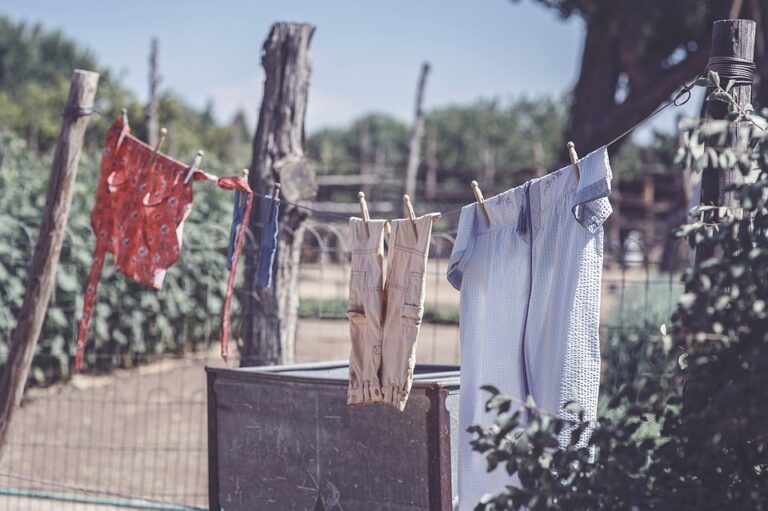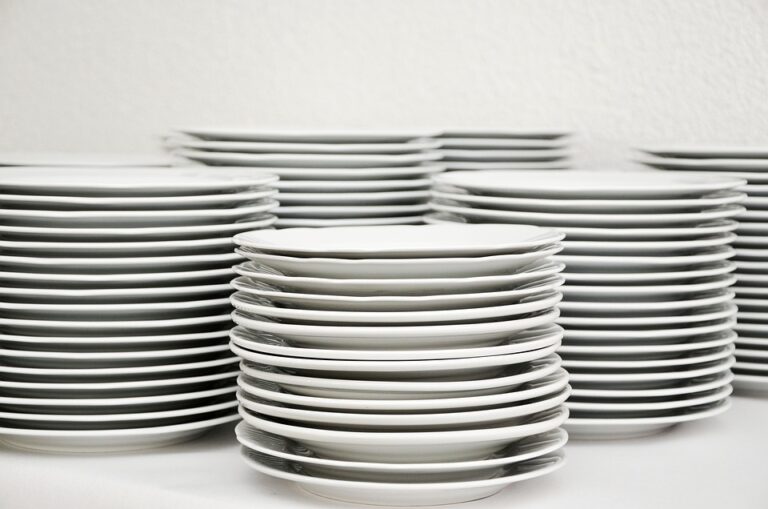
„Jak umýt špinavá čerstvá vejce?“ Toto je otázka, kterou si mnoho lidí kladou při přípravě snídaně či jídla s vejci. Ať již přerušíte slepičí výrobu, nebo si jen koupíte vejce v obchodě, důležité je zajistit, aby byla vejce řádně umytá a čistá. V následujícím článku se dozvíte nejlepší způsoby, jak umýt špinavá a nečistá čerstvá vejce tak, aby byla bezpečná k jídlu.
Jak umýt špinavá čerstvá vejce – A Complete Guide
If you have ever been in a situation where you have fresh eggs, but they are dirty and need cleaning, then you are in the right place. Dirty eggs may contain germs and bacteria that can cause illness, so it is important to clean them thoroughly before using them.
In this article, we will provide you with a complete guide on how to wash dirty fresh eggs. We will also include tips on how to store them properly to ensure their freshness.
What you will need
Before you begin washing your dirty eggs, it is essential to gather all the materials that you will need. You will need:
- A bowl
- Lukewarm water (not cold or hot)
- A soft-bristled brush or sponge
- A clean cloth or paper towel
- A container for the clean eggs
Steps to wash the dirty eggs
Now that you have all the materials you need let’s look at the step-by-step process of washing dirty eggs.
Step 1: Pre-wash inspection
Before submerging your eggs in water, it is essential to conduct a pre-wash inspection. You need to inspect the eggs for cracks or any other sign of damage. You should discard any eggs that are damaged as they can harbor harmful bacteria that can cause foodborne illnesses.
Step 2: Using lukewarm water
It is essential to use lukewarm water to clean your eggs. Coldwater can cause the egg to contract, creating a vacuum that can pull bacteria inside the egg through the porous shell. And hot water can cause the egg to expand, which can create a path for bacteria to enter the egg.
Step 3: Soft-bristled brush or sponge
When washing your eggs, use a soft-bristled brush or sponge to gently scrub the dirt off the surface of the eggshell. Be careful not to damage the delicate surface of the egg as this can create a pathway for bacteria to enter.
Step 4: Drying the eggs
After washing the eggs, dry them promptly with a clean, dry cloth or paper towel. Moisture can encourage bacterial growth.
Step 5: Storing the clean eggs
Store the clean eggs in a clean container such as an egg carton with the pointed end facing downwards and the blunt end up. This will help to keep the yolk centered and prevent it from touching the shell, reducing the risk of bacterial infection.
Tips to remember
- Always wash your hands before handling eggs to prevent contamination.
- Never wash eggs with soap or detergent as this can remove the natural protective coating on the eggshell and allow bacteria to enter.
- Store eggs in the refrigerator at or below 40°F (4°C).
- Use eggs within three to four weeks of the date they were laid.
Conclusion
In conclusion, washing dirty eggs is easy and straightforward once you have the right materials and follow the correct procedure. Always handle fresh eggs carefully, and follow the tips provided to ensure they stay fresh and safe for consumption.






